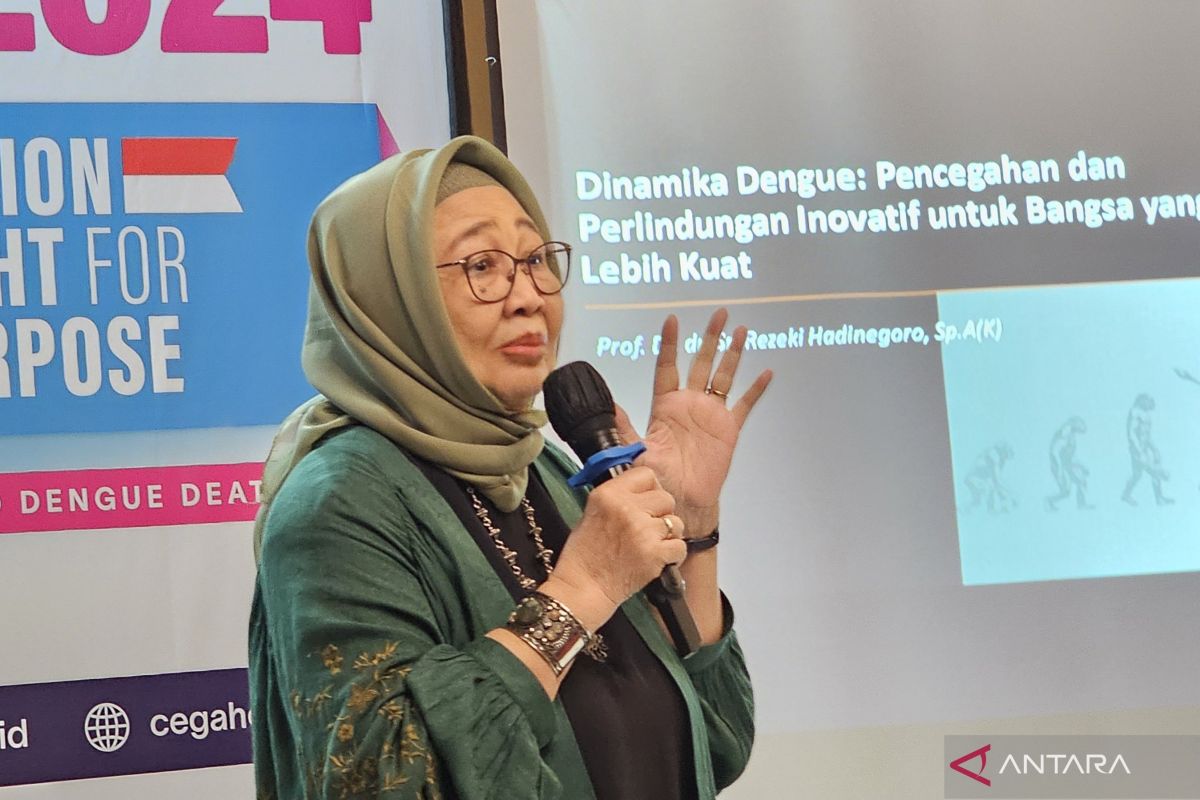
Dengue fever, or Demam Berdarah Dengue (DBD), is a serious illness that is transmitted through the bite of an infected Aedes mosquito. The disease is prevalent in tropical and subtropical regions, including Indonesia. In recent years, the number of dengue cases in Indonesia has been on the rise, making it crucial for individuals to protect themselves against the virus.
One of the most effective ways to prevent dengue fever is through vaccination. The dengue vaccine works by stimulating the body’s immune system to produce antibodies against the virus, providing immunity against future infections. However, in order for the vaccine to be effective, individuals must receive the recommended number of doses.
The dengue vaccine is typically administered in a series of three doses, with each dose given several months apart. It is important for individuals to complete the full series of vaccinations in order to ensure maximum protection against the virus. Studies have shown that individuals who receive all three doses of the dengue vaccine have a significantly lower risk of developing severe dengue fever compared to those who do not receive the vaccine.
In Indonesia, efforts are being made to increase vaccination coverage and ensure that individuals receive the full series of dengue vaccines. This includes raising awareness about the importance of vaccination, providing access to vaccines in healthcare facilities, and implementing vaccination campaigns in high-risk areas.
By ensuring that individuals receive the full series of dengue vaccines, we can help protect ourselves and our communities against the threat of dengue fever. Vaccination is a safe and effective way to prevent the spread of the virus and reduce the burden of dengue fever on our healthcare system. Let us all do our part to ensure that we are properly vaccinated against dengue fever and help create a healthier and safer Indonesia for all.
